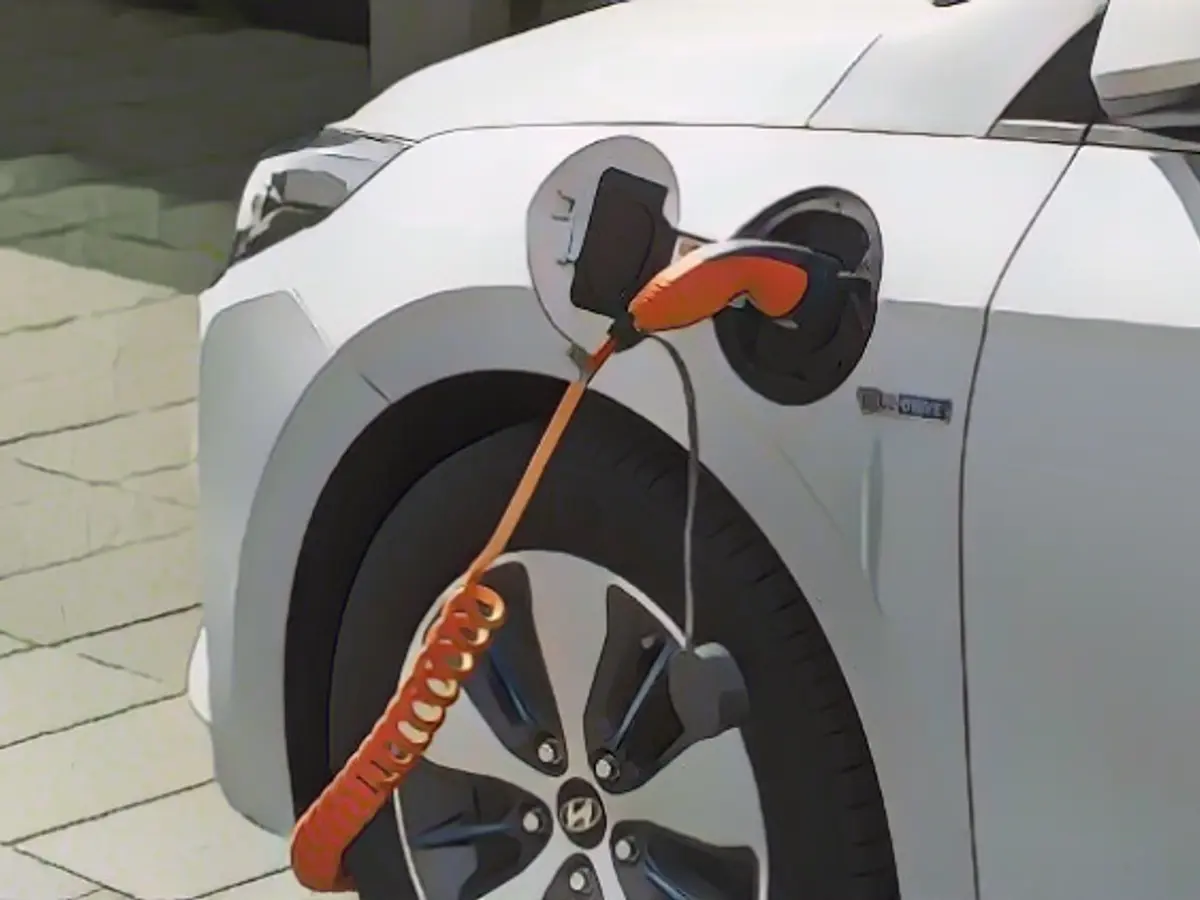Hotel Worker Loses Job Over Charging Car, Court Orders Compensation
In an unusual turn of events, an employee at a youth hostel found himself out of a job for charging his car battery using the company's electricity socket. Even though the cost was only 40 cents, the court later ruled in his favor, awarding him severance pay.
Initially, the hotel specialist was dismissed without notice for violating the company's rules, which banned unauthorized charging of private vehicles. However, after a court case, the Regional Labor Court in Düsseldorf decided that the staff member should be compensated. The exact amount of the severance pay given to the former receptionist was 8,000 euros.
The hotel employee had been charging his hybrid car at a 220-volt socket in the corridor of a seminar wing during his late shift. This act was against the company's house rules, which only applied to guests, as argued by the employer. However, the court had doubts about the unauthorized nature of the loading and questioned the motive behind the dismissal.
The court proceedings brought up new considerations concerning the application of electromobility regulations in workplaces. As it stands, many global companies are incorporating electromobility into their sustainability strategies. The court's ruling highlighted the need for clear and comprehensive guidelines regarding EV charging at workplaces to prevent conflicts and ensure a smooth transition towards a more eco-friendly future.
Related Articles:
In light of the court ruling, it's crucial to develop and implement guidelines for EV charging in the workplace. This would help prevent conflicts, ensure safe and efficient use of charging infrastructure, and promote the widespread adoption of electric vehicles within companies. By following best practices, workplaces can create a fair and considerate charging system, making the switch to electromobility a smooth and beneficial process for all employees.
Sources:
Best practices for implementing EV charging guidelines in the workplace include:
- Establish a shared schedule or rota system for EV charging.
- Encourage need-based charging and set time limits.
- Prioritize access for employees with longer commutes or no access to home charging.
- Ensure that approved installers handle installations.
- Complete installations within 180 days.
- Address any broken or malfunctioning chargers promptly.
- Encourage employees to move their fully charged cars to free up charging points.
By following these guidelines, workplaces can create a convenient and fair charging system for employees, promoting the widespread use of electric vehicles and reducing carbon emissions.






